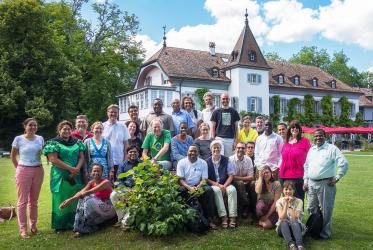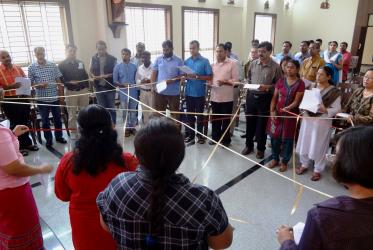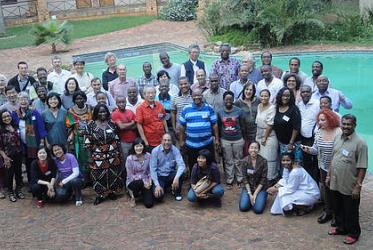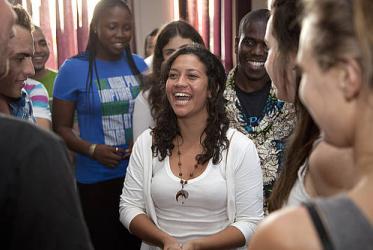Displaying 121 - 140 of 159
Addressing ecology, theology and justice in practice
01 July 2014
How does climate change affect human rights?
25 June 2014
Faith communities advocate climate justice at COP19
27 November 2013
Indian churches reflect on the WCC assembly theme
26 August 2013
EWN observes World Toilet Day at a village in India
26 November 2012
EHAIA, an African initiative going beyond Africa
01 March 2012
Faith communities promote “safe spaces” to discuss health issues
19 January 2012
Youth promise active involvement for environmental justice
14 December 2011
Working for eco-justice is the mission of church
07 November 2011
Raising ethical dimensions in debate on climate justice
22 September 2011












